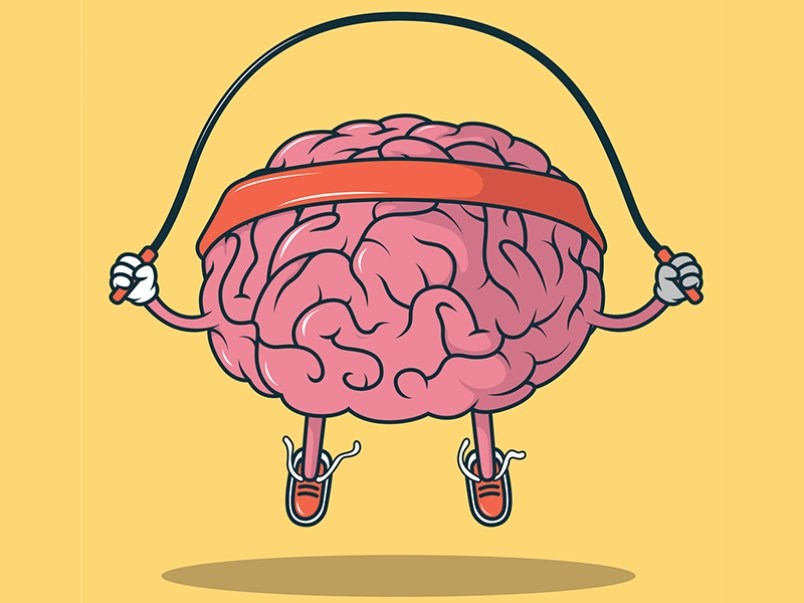Almost daily, we are surrounded by an increasing amount of “Smart” technology that is quietly integrating into everything we do. We spend most of our energy and time focused on all things with a “Smart” prefix. Smartphones are suddenly indispensable, smart cars park themselves and smart houses unlock the front door and turn on the lights without much of our involvement.
The omnipresence of today’s high tech lifestyle and gadgetry might be one reason the smartest, most powerful computing device we have gets, at times, neglected: that is our supercomputing brain.
Like the cars and trucks in our driveways that we meticulously care for, our brain wants the best fuels, attentive care and constant maintenance to perform at its very best. Like our vehicles, our brain eventually will slow with the wear and tear of time, however, when maintained with care, our neuro networks will perform efficiently better for, hopefully, much longer.
What are specific foods and activities that will improve brain function and delay cognitive decline?
To my pleasant surprise, current research includes many tasty, and often local, foods which play a role in improving mental tasks, like memory and concentration.
Fatty fish, including our local salmon and trout, are rich sources of omega-3 fatty acids. According to Harvard Health Publishing, “omega-3s have been linked to lower levels of beta-amyloid–the protein that forms damaging clumps in the brains of people with Alzheimer’s disease.” Our locally-sourced salmon and trout can help sharpen memory and improve mood.
Blueberries, another local product, also help improve memory because they contain flavonoids, the natural plant pigment that gives blueberries their brilliant colour. Further, blueberries are high in antioxidants and anti-inflammatory compounds that fight conditions that contribute to brain aging and neurodegenerative diseases. The antioxidant capacity of blueberries has received a lot of attention from the scientific community and blueberries are considered a superfood for their benefits to brain and body.
Other foods considered to be a source of antioxidants and available fresh locally, depending on seasonal availability, are: strawberries, kale, cucumbers, apples, broccoli and walnuts, among others.
As a person who has turned away from self-harming and cognitively damaging habits like alcohol and drug abuse, I was excited to find a couple of my vices, coffee and dark chocolate, made the list of foods beneficial for my brain. In moderation, of course, coffee consumption is linked to a reduced risk of brain inflammation conditions such as dementia.
Cocoa, the raw form of chocolate, is loaded with brain protecting flavanols and antioxidants. Dark chocolate and organic coffee turn out to be a decadent and smart brain-protecting, mid-day break treat.
Looking from a mental health perspective, choosing foods that have anti-inflammatory, antioxidant cognitive-positive effects on our brain and are locally produced can be considered to have double the benefits to overall health. Our individual mental health is interwoven into community and environmental health. A stronger local economy provides a collective sense of security and positive group identity.
Feeling secure and having a good sense of identity is the fertile soil where mental, physical and spiritual health can grow and flourish: individually or community-wise.
The good choices we make for our individual cognitive wellness reverberates, and positively impacts, community and environmental wellness.
It’s the “Smart” thing to do. A no-brainer, really.
Robert Skender is a Powell River freelance writer and health commentator.



